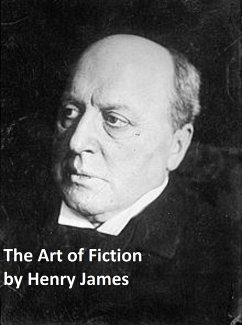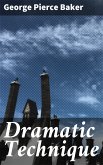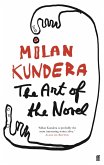Classic essay from the collection "Partial Portraits". According to Wikipedia: "Partial Portraits is a book of literary criticism by Henry James published in 1888. The book collected essays that James had written over the preceding decade, mostly on English and American writers. But the book also offered treatments of Alphonse Daudet, Guy de Maupassant and Ivan Turgenev. Perhaps the most important essay was The Art of Fiction, James' plea for the widest possible freedom in content and technique in narrative fiction. The Art of Fiction was a response to remarks by English critic Walter Besant, who wrote an article that literally attempted to lay down the "laws of fiction." For instance, Besant insisted that novelists should confine themselves to their own experience: "A young lady brought up in a quiet country village should avoid descriptions of garrison life." James argued that a sufficiently alert novelist could catch knowledge from everywhere and use it to good purpose: "The young lady living in a village has only to be a damsel upon whom nothing is lost to make it quite unfair (as it seems to me) to declare to her that she shall have nothing to say about the military. Greater miracles have been seen than that, imagination assisting, she should speak the truth about some of these gentlemen." James continually argues for the fullest freedom in the novelist's choice of subject and method of treatment..."
Dieser Download kann aus rechtlichen Gründen nur mit Rechnungsadresse in A, B, BG, CY, CZ, D, DK, EW, E, FIN, F, GR, H, IRL, I, LT, L, LR, M, NL, PL, P, R, S, SLO, SK ausgeliefert werden.









